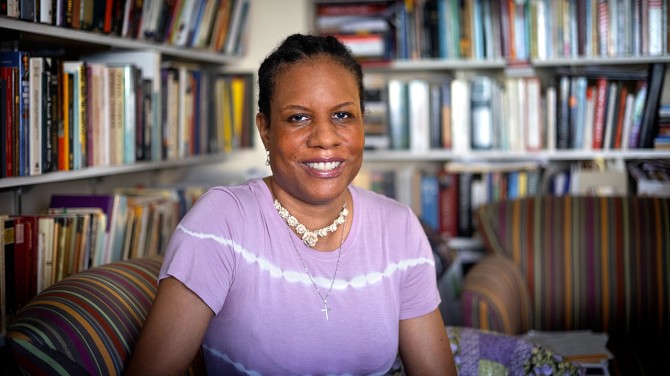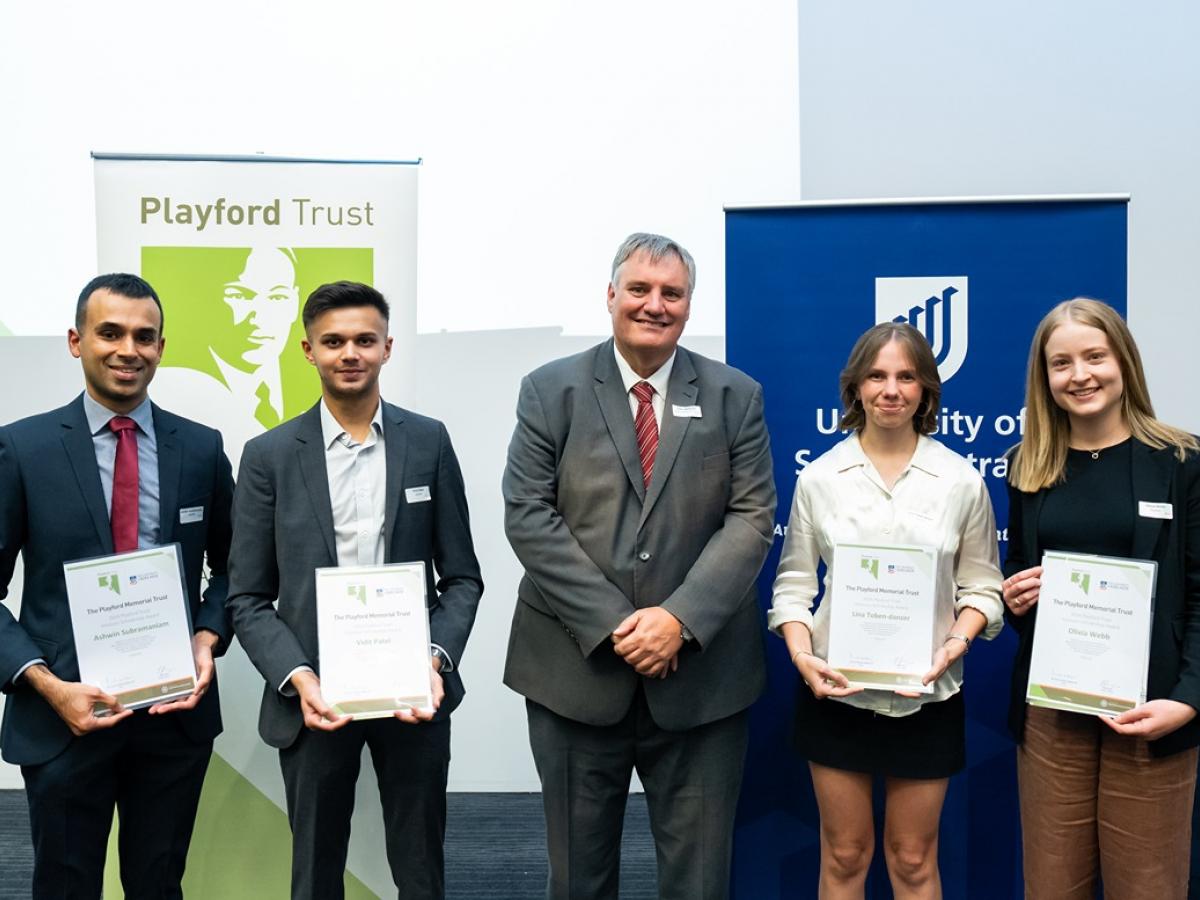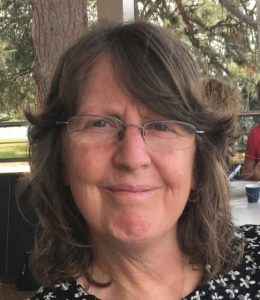
Image: Burnet Institute Research Nurse Kate Allardice at work on Burnet’s TAP Study
Reflecting on a career spanning more than 40 years in nursing and midwifery, Burnet Institute Research Nurse, Kate Allardice smiles. “I am forever thankful that’s what I chose to do with my life,” she says.
It’s a hugely varied professional journey that spans the Melbourne Sexual Health Centre in the days when female nurses (but not doctors) were banned by management from attending to male patients, to coordinating staff at a major Brisbane hospital, to working in Aboriginal health in Central Australia, to key roles on research projects on the HPV vaccine and BRCA breast cancer gene.
“That was part of the reason I became a nurse, because I realised that it would offer me that incredible flexibility to move across various disciplines and settings within the profession of nursing,” Ms Allardice said.
“There is the opportunity for so much diversification, it is such a rewarding profession, and nurses, whether you choose to stay within one discipline and rise to the top as an expert in that field, or whether you want to diversify which might mean you’re hungry for lots of different experiences, you can satisfy that as well.”
For the past four years, Ms Allardice worked primarily on Burnet’s TAP (Treatment as Prevention) Study, investigating the efficacy of a nurse-led model of care to test, treat and cure people infected with hepatitis C using new highly effective medications.
“The study dealt specifically with people who inject drugs, and my colleagues and I would go out to various locations in Melbourne that were hot spots for drug activity and where people from lower socio-economic groups were living or congregating,” she said.
“Disadvantaged groups tend to be shy of the medical profession, and people who inject drugs are stigmatised, so you have to form relationships and you have to be trusted for people to want to engage with you.
“The study, along with others, helped to build a broad picture of what is happening for people injecting drugs and how can we then identify and bridge gaps to health maintenance and monitoring.
“And it’s recognising that nurses are fully capable and competent to work within their scope of practice to conduct testing, to interpret testing results, and deliver first line medications to marginalised people in the community who, for one reason or another, may not be attending health care services.”
For Ms Allardice, nursing has always been about teamwork, and on the International Day of the Nurse, in this, the International Year of the Nurse and Midwife, it’s no different.
“The International Year has come at a time when health is front and centre globally in a way that it never, ever has been before,” she said.
“There’s enormous recognition for what the entire team are doing, and that goes right to the people who clean the floors and deliver the meals.
“I’ll take the recognition that this special year is providing, but I would like to see an International Year of Health Care Workers, and that includes cleaners.”
Health nurses like Kate Allardice provide a central interface between Burnet and the community. Find out how you can support their important work.








